Dealing with toxic people who spread negativity- Are you tired of people with negative attitudes? Well, negative and difficult people are everywhere. Naysayers and narcissists can leave us feeling drained, physically, mentally, and emotionally. They can affect our psyche and make us demotivated with their negativity and toxicity. Hence, it is important that you know how to deal with them without getting affected personally.
“I don’t have to attend every argument I’m invited to.” – Unknown
Narcissists are notoriously negative and decidedly difficult people. And whether you’re working with one or you are in a toxic relationship with a narcissist, you’re bound to be dealing with all sorts of negativity, manipulation (including gaslighting), and even emotional abuse.
The Naysayer, the Narcissist, and Other Negative Nancies
The world is full of naysayers – and whether you’re dealing with a narcissist or just a plain old negative person, it can really feel like there’s always someone trying to bring you down.
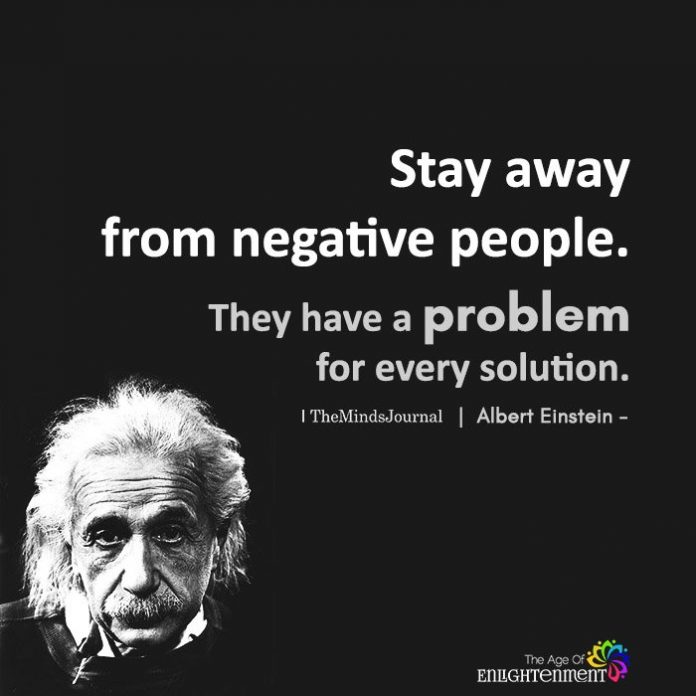
Sometimes, they mean well, these naysayers. And, truth be told, many of them are truly are just trying to be helpful, but it doesn’t feel that way.
But listen up, my friend. If you allow naysayers to discourage you, your life will be much less than you deserve. Learn how to deal with these negative people once and for all.
Read Narcissist Smear Campaigns and Flying Monkeys
Follow these strategies to overcome the standard Negative Nancies and naysayers in your life.
Some of these coping skills will also work on narcissists, but make sure you check out the links at the end of this post for additional information.
1. Own the term “Need-to-Know Basis” and keep your narcissist and any other negative people on the outside of your inside circle.
Keep your aspirations to yourself and a few trusted friends or colleagues. It’s commonly suggested that you make your goals public. The fear of embarrassing yourself is supposed to be motivating. But several studies have shown that announcing your goals isn’t always a good strategy.
- The bigger your goals, the more likely you are to receive negative comments. If you’re sensitive to the criticism of others, this type of feedback can derail your efforts.
- Of course, you can inform everyone when you’ve accomplished your goal!
2. Fall in love with yourself a little.
Remind yourself of your positive qualities. If you’re starting to doubt yourself, remind yourself of your best qualities. Make a long list and focus on it until you’re feeling capable again. If you need help, get help from a supportive friend.
3. Don’t take it personally.
When others are unnecessarily negative, it reveals more about them than it does about you. No one knows enough about your personal business to have an accurate opinion anyway.
4. Keep your eye on the prize!
And always keep your vision in mind. It’s easy to become discouraged when you’re on the receiving end of discouraging comments. Go back to the big picture and remind yourself of your goals. See in your mind how great the results will be. Imagine how satisfying it will be when you’re proven correct. Nothing is quite as sweet.
Read Top 9 Positive Comebacks To Help Deal With Negative People
5. You can’t expect a fish to ride a bike.
So be sure to consider the source of the feedback. Are you trying to launch your own company? Criticism from someone that’s always had a corporate job isn’t valid. Unless the other person has accomplished your goal, consider their advice worthless. You wouldn’t take stock tips from a man living on a park bench. Most of the advice we receive is similar in value.
However, a mentor can be a valuable addition to your life. The right mentor will have accomplished your goal. Perhaps they even started from a similar point to you. Ideally, they’ll also be supportive and encouraging.
“Relationships with negative people are simply tedious encounters with porcupines. You don’t have the remote knowledge how to be close to them without quills being shot in your direction.” – Shannon L. Alder
6. Review your “greatest hits!”
Make a list of your greatest achievements. Write down every experience you’ve had that makes you feel successful. You’ve already done some amazing things. The naysayers in your life don’t know about most of those things. That’s just another reason why their opinions are irrelevant.
7. Develop selective hearing.

Learn to ignore the noise. Have faith in yourself and avoid allowing others to control your thoughts or emotions.
“When dealing with people, remember you are not dealing with creatures of logic, but with creatures of emotion, creatures bristling with prejudice, and motivated by pride and vanity.” – Dale Carnegie
8. Smile, and mean it.
When you show others that you won’t be affected by their unkind words, they’ll eventually stop. Smiling will also improve your mood and lower your blood pressure. Smiling is also free.
Read How to Stay Positive around Negative People
9. Find a network of support.
Rely on supportive people. We all have that friend that seems to think we can do anything. Instead of dealing with the naysayers, surround yourself with people that support your efforts and believe in you. The difference is staggering.
10. Never stop believing you can.
I know it sounds sort of cliche, but let’s be honest – we all know someone who, despite all odds, made something amazing happen. Why can’t you be one of those people? You can, if you believe that you can. It’s a basic of the universal law of attraction, my friend. You’ve got this.
“Never allow carping critics to deter you from success. Instead, silence them with it.”
― Christian Baloga
Narcissists or not, the Negative Nancies, jerks, rude people, and naysayers will always be there.
Read 11 Signs of Negative People
Every great achievement was preceded by numerous naysayers giving their two cents. You can’t allow others – even narcissists – to derail your plans. Be confident that you can accomplish anything. Project your success into the future and remind yourself of your past successes.
Written by Angie Atkinson Originally appeared on Queenbeing.com
Here’s a helpful video on how to manage conflicts created by dealing with difficult people:
The best way to deal with narcissists and negative people is to stay away from them. If you want to keep your mental and emotional peace, then make sure you do not engage with them at all otherwise they will prey on you. You will either become a victim or turn out just like them. So make sure you avoid such people and protect your energy at all levels.
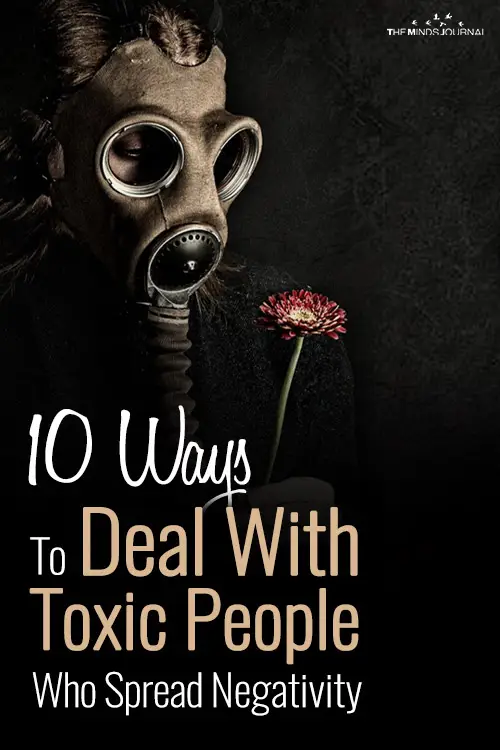
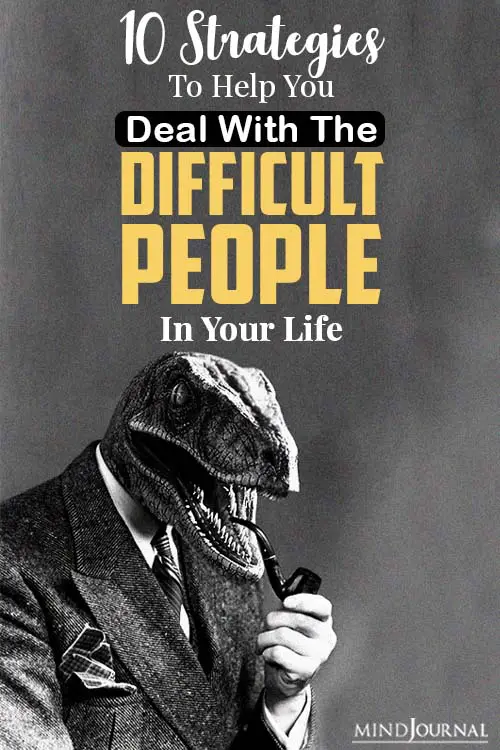
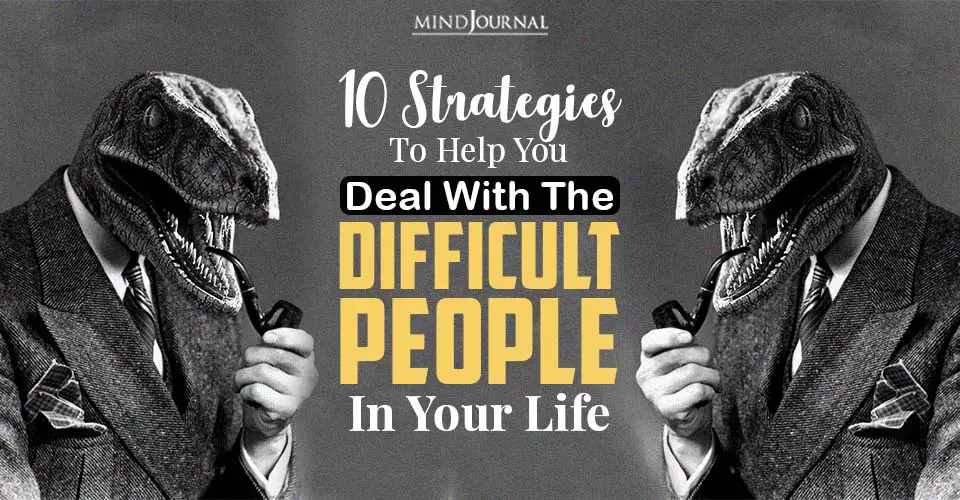






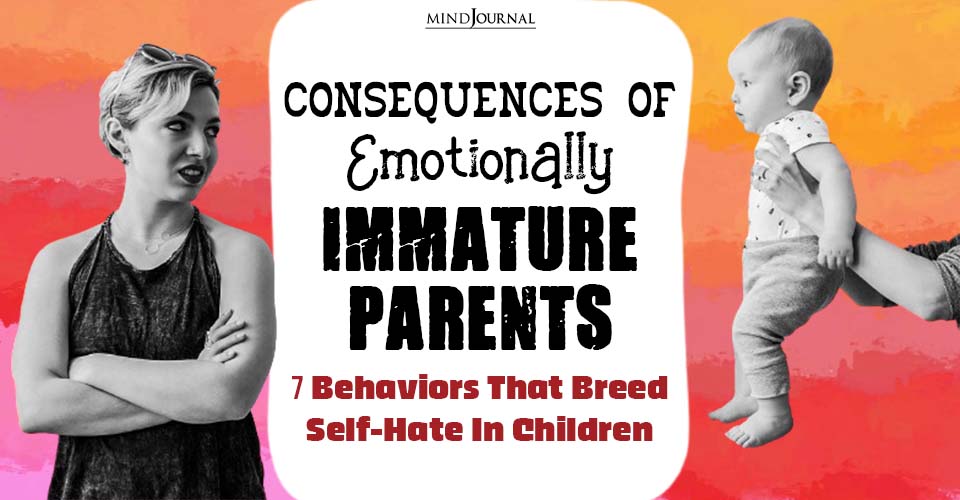
Leave a Reply
You must be logged in to post a comment.